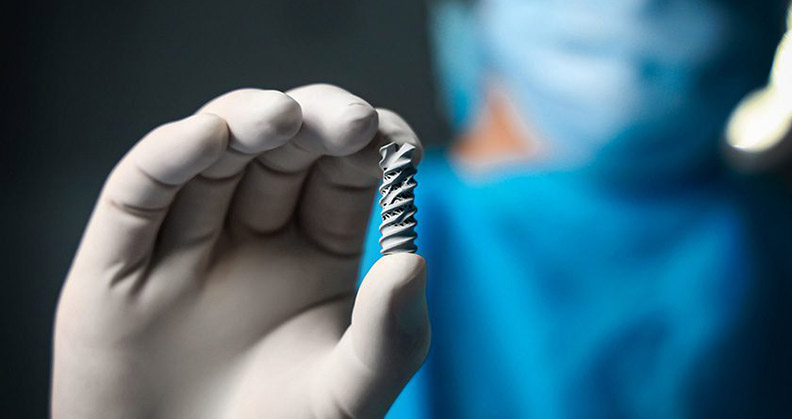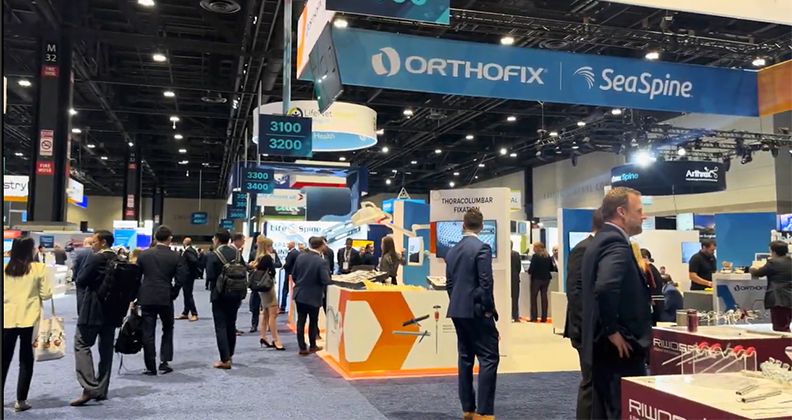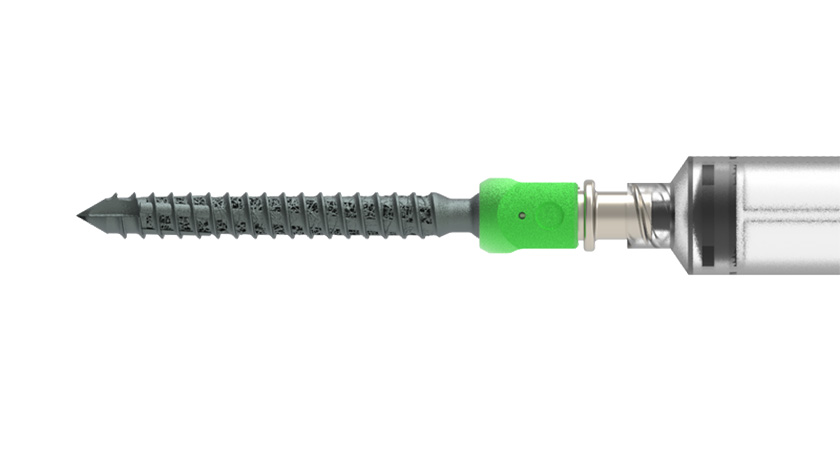
The keynote at OMTEC 2024 is set. Ira Kirschenbaum, M.D., Orthopedics Chair at BronxCare Health System, and Sharat K. Kusuma, M.D., President at JointMedica and Chief Strategy Officer and Chief Medical Officer at Exactech, are ready to share their thoughts on the major market drivers that will inspire innovation in orthopedic product development, unmet clinical needs that offer opportunities for significant growth and leadership pearls that drive their management styles.
The can’t-miss panel discussion will be moderated by ORTHOWORLD’s Senior Market Analyst Mike Evers. “Dr. Kirschenbaum and Dr. Kusuma have had tremendous success across multiple spheres in orthopedics,” he said. “Not only that, both are brilliant communicators. I’m thrilled for the opportunity to join them on the dais and hope our keynote sparks further discussion for the attendees and the orthopedic industry at large.”
Before they take centerstage at OMTEC, Drs. Kirschenbaum and Kusuma shed some light on the transformative trends shaping the orthopedic industry.
Major Market Drivers
Dr. Kusuma introduced the concept of “implantation over the implant” by emphasizing the need for innovations that ease the cognitive burden associated with implanting orthopedic devices. “This becomes particularly pertinent as orthopedic procedures undergo a significant shift to outpatient settings,” he said.
The movement of cases to ASCs, which are typically more cost-conscious than large hospital systems, is impacting implant pricing, capital sales and inventory management processes, according to Dr. Kusuma. He said automation in templating and implant ordering systems emerges as a pivotal driver, ensuring efficient product delivery for orthopedic companies as they respond to the significant shift in sites of care.
Dr. Kusuma anticipates the further development of tech-enabled patient tracking and outcomes solutions to navigate regulatory data requirements. “The smartphone’s role as the central hub in a patient’s care journey is expected to further evolve,” he said.
Dr. Kirschenbaum believes that the care journey will revolve around patients’ pursuit of post-op pain reduction. “Patients want to reclaim a level of function that is much higher than past expectations and focuses on enhancing their overall vitality,” he said.
Data-driven care will lead to increased education and empowerment for patients in choosing their implants independently, Dr. Kusuma noted. “The integration of activity trackers into orthopedic devices to monitor patients’ real-world activities post-surgery is an exciting prospect,” he said.
Leading by Example
Dr. Kusuma said it’s important for orthopedic companies to bring clinicians into senior leadership roles to enhance strategic direction and product design. “Most companies are led by business executives who don’t understand the practice of medicine,” he said. “Device companies also need to focus on being ‘holistic solution providers’ for their physician, hospital and ASC customers. This mentality will make implants stickier and prevent price erosion.”
As a leader, Dr. Kirschenbaum understands that every project needs an adequate runway — and a clearly defined finish line. He also believes excellence is found in not-so-ordinary efforts: “Doing common things uncommonly well is a critical concept to grasp,” he said.
Orthopedic companies need a strategy to tell the story of their products in the current environment, Dr. Kirschenbaum noted. “The world is crowded with information, and you need a multifaceted method to stand out. Invest in that strategy,” he added.
Identifying Unmet Clinical Needs
Dr. Kusuma underscored the importance of continued innovation in easy-to-use, low-cost technologies. “As the demand for hip and knee replacements surge, surgeons are compelled to perform a high volume of procedures, heightening the cognitive burden,” he said. “Robotics companies have found success by addressing this cognitive load, marking a key trend.”
Growth opportunities abound in hip resurfacing and advanced hip implants that enable patients to achieve higher levels of activity and function, noted Dr. Kusuma. He identified the simplification of acetabular cup placement as a critical need.
He also believes U.S. companies will contract directly with hospitals and surgeon practices for risk-based, capitated holistic musculoskeletal care for their entire employee population. “Such payment models will drive massive care delivery innovation,” he said.
The surgeons’ insights highlight the many market drivers that will define the promising future of orthopedic care. As innovation continues to shape the orthopedic landscape, the industry is poised for transformative growth, driven by a commitment to patient-centric solutions and holistic care delivery.
The keynote panel discussion is scheduled for 8 a.m. Wednesday, June 12.
Reserve your spot at OMTEC to hear more from these forward-looking physicians.
DC
Dan Cook is a Senior Editor at ORTHOWORLD. He develops content focused on important industry trends, top thought leaders and innovative technologies.




